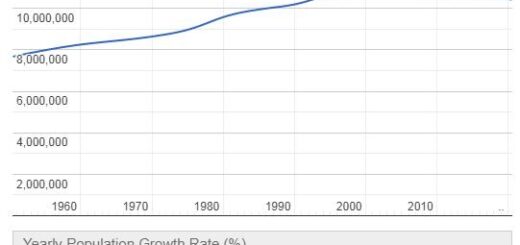British History
History
The British Isles have been part of Western European history since the Stone Age. Since the 4th / 3rd Century BC Belonging to the Celtic cultural area, Britain was largely Romanized in the first centuries AD. After the Romans withdrew, Anglo-Saxons established themselves and united their empires until the 9th century. In the 11th century England belonged to a Scandinavian empire. After the conquest by the Norman Duke Wilhelm in 1066, England remained connected with Normandy and later in the Angevin Empire with France, losing in the Hundred Years War (1339-1453) however almost all possessions on the mainland. On the other hand, the English kings began conquering Ireland in the 12th century. Wales had been under their rule since the end of the 13th century.
The Norman barons defied the feudal monarchy under the Anjou-Plantagenets dynasty in the Magna Charta (1215), which institutionalized themselves over the centuries until the Glorious Revolution in 1689, the now British monarchy (1707 unification of England and Scotland s to Great Britain) and bound their government to the parliamentary majority. England became Protestant under the Tudor Henry VIII (1509–47). Attempts by the Stuarts to re-Catholicize the country and to strengthen the royal power resulted in a civil war in the 17th century.
Britain began to rise to become the leading colonial power in the 18th century. In the 19th century, the extensive overseas property with the “pearl” India was expanded to form the British Empire. The British consolidated their naval rule in the Napoleonic Wars. However, the North American colonies (except Canada) broke away from the motherland by 1783. In Europe, Great Britain pursued a policy of the “balance of power” until the First World War, but gave up freedom of association in 1904 in the Entente cordiale with France.
Its position as a trading and colonial power gave Great Britain a head start in industrialization (from 1750), which the German Empire and the USA caught up with at the end of the 19th century. Social contradictions allowed the labor movement to gain strength, and electoral law reforms increased political participation. With the Labor Party (from 1900) the established party system of conservatives and liberal parties received a new force.
In the First World War (1914-18) Great Britain stood on the side of France and Russia against the Central Powers around Germany and Austria-Hungary. Military victory came at the cost of great sacrifices, economic weakness and financial dependence on the United States. Ireland had to be granted independence in 1921 (excluding Northern Ireland). Decolonization, which essentially lasted until the 1960s, also became a political burden. In the Second World War (1939–45), Great Britain, allied with the USA and the Soviet Union, fought against Hitler’s Germany.
The post-war period saw the expansion of the British welfare state. As a close partner of the US and a cornerstone of NATO, Britain was drawing closer to Europe. As a member of the European Community (from 1973) or Union (1993–2020), however, the United Kingdom was skeptical or even negative about further European integration. Finally, the farewell to the EU was heralded in a referendum in 2016 (Brexit). The exit from the Union took place on January 31, 2020. The Northern Ireland Conflict which had become more severe from 1969, only calmed down in 1998 with a peace agreement. In the 1980s, industrial decline led to social upheaval and conflicts, but also to the breakthrough of the service society with a strong position in the financial sector.
British Broadcasting Corporation
British Broadcasting Corporation [ br ɪ t ɪ ʃ br ɔ ː dk ɑ ː st ɪ ŋ k ɔ ː pə re ɪ ʃ n], abbreviation BBC [bi ː bi ː si ː ],British broadcasting company, founded in 1922 as a public limited company, public corporation since 1927; 75% financed by license fees, the programs are ad-free. BBC broadcasts ten nationwide (five only digitally via DAB), six regional and 40 local radio programs, as well as eight national television programs, including the main channels “BBC 1”, “BBC 2” with regional programs for Scotland, Wales and Northern Ireland and “BBC 4” (Culture, education); “BBC 3” has been operated purely as an internet broadcaster since 2016. There are also special interest channels for news (“BBC News”), children and young people and the interactive channel “BBC Red Button”. The international broadcaster “BBC World Service” broadcasts programs in 30 languages.
The BBC has several renowned orchestras: the BBC Symphony Orchestra, the BBC Concert Orchestra, the BBC Philharmonic (Manchester), the BBC National Orchestra of Wales (Cardiff), the BBC Scottish Symphony Orchestra (Glasgow) and the BBC Big Band; also the vocal ensembles of the BBC Singers and the BBC Symphony Chorus.



